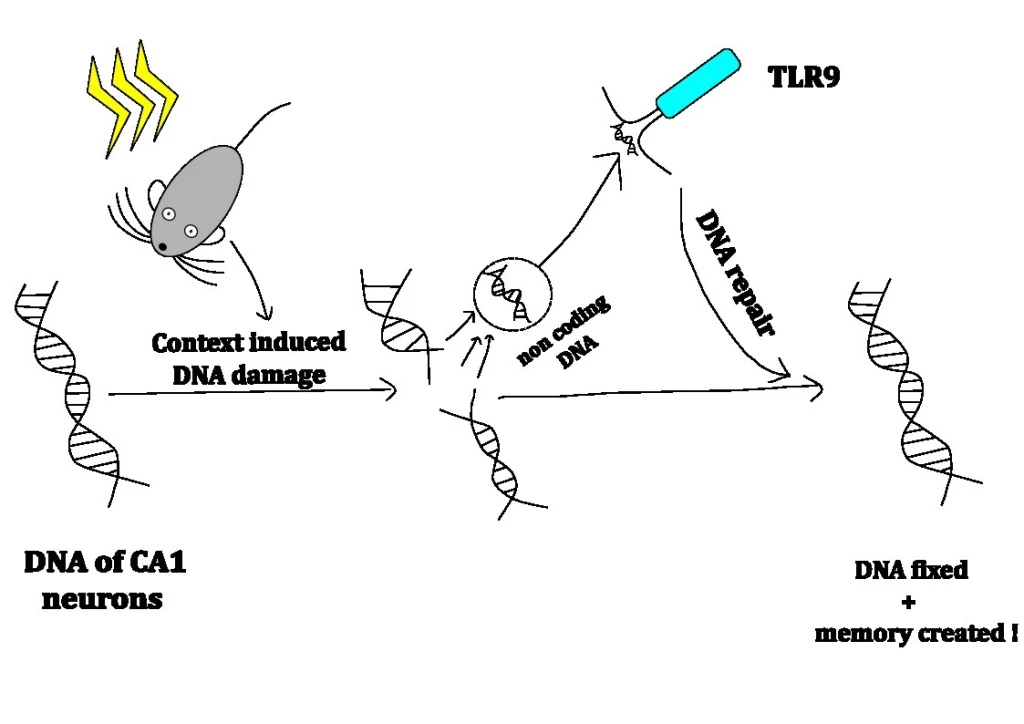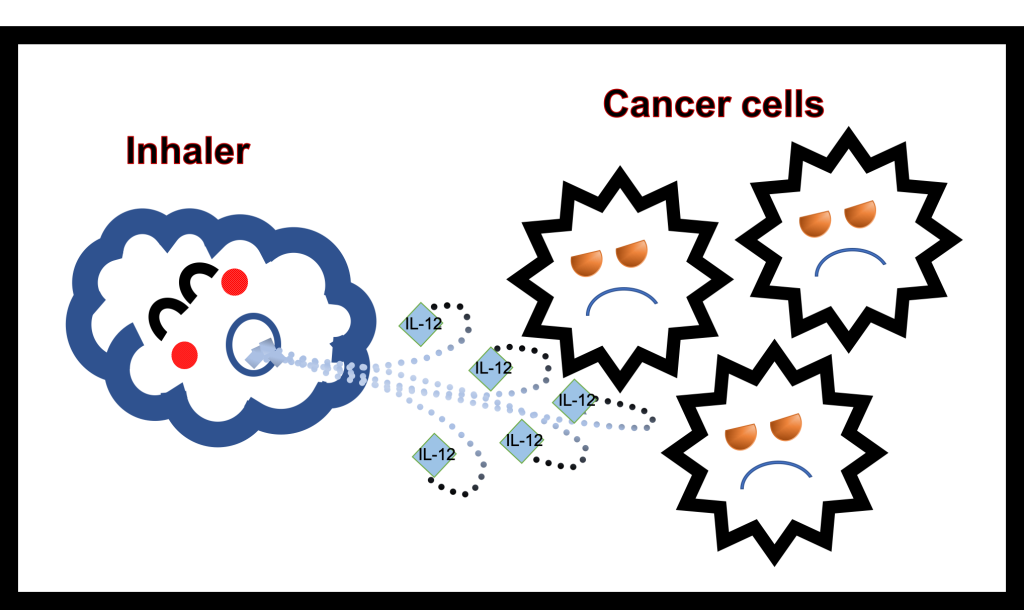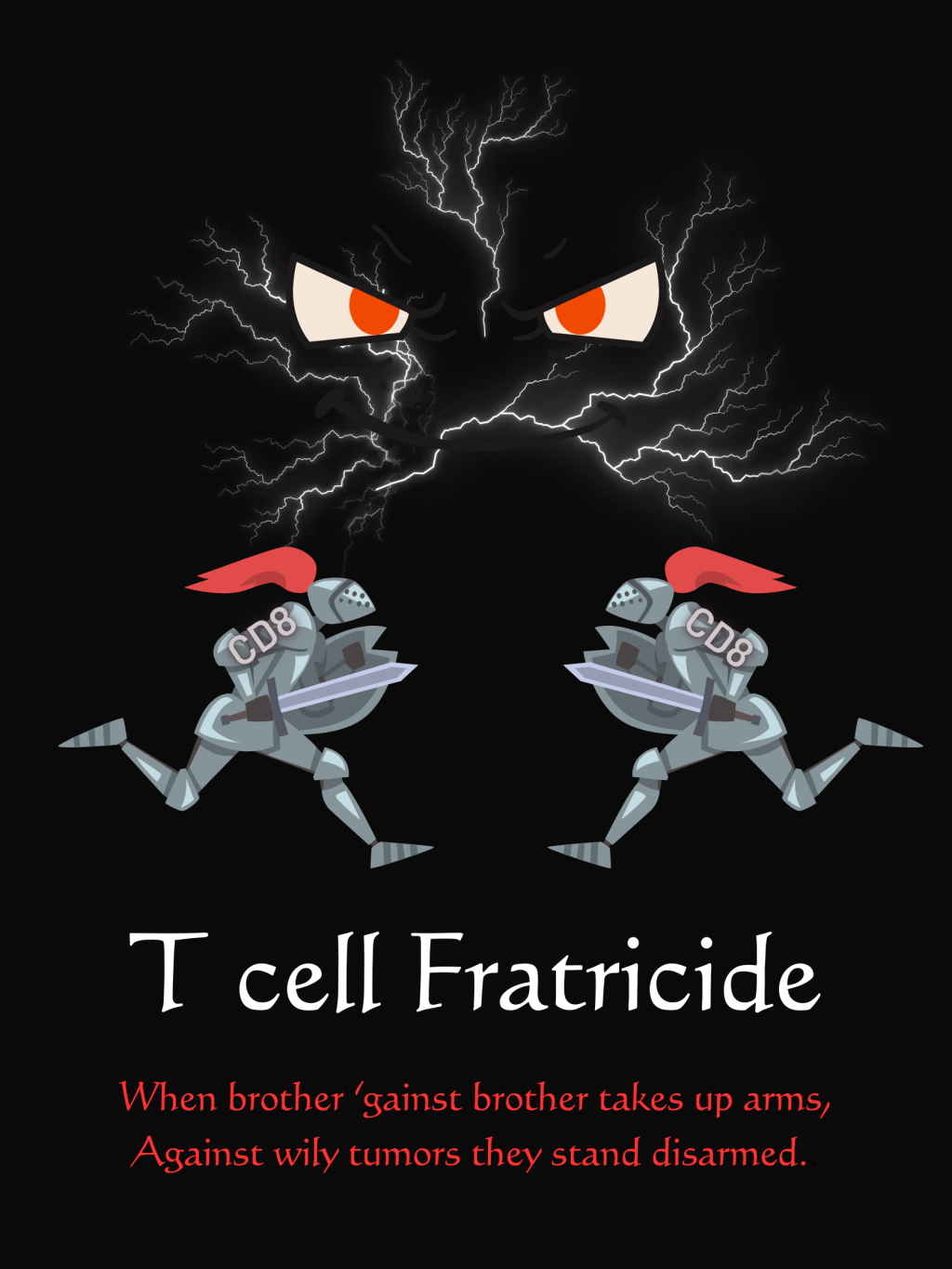“A mother’s love is like a fortress, And we seek protection there,
When the waves of tribulation, Seem to drown us in despair.”
Helen Steiner Rice
We as newborn infants depend on our mother for nurture and protection. A mother loves unconditionally and protects us not just from physical threats, but also biological threats. Today, on the account of Mother’s Day, we will talk about the immunity that mothers pass down to their children to protect them from various threats of the outside world.
The placenta is a vital part of a mother’s safe womb which selectively transfers required nutrients and other materials to sustain and grow the fetus. At the end of the 9 months, it is time for the fetus to leave this safe environment and enter the real world, which is full of all kinds of dangers, including microorganisms that may cause harmful infections and diseases.
Unlike the well-developed adult immune system, the neonatal immune system cannot provide the ideal protection- neonatal immune cells are still a work-in-progress. We have evolved to be born with maternal immunity, to counter this perpetual danger of the first few weeks. As the name suggests, maternal immunity is the immunity passed on by the mother to her offspring, to keep it away from harm’s way. The main aspect of maternal immunity are highly specific proteins called antibodies.
Antibodies bind to disease-causing pathogens and help in neutralizing these invaders. Immunoglobulins G and A (IgG and IgA) defend the child right after birth. IgGs start entering the fetus from the 13th week of pregnancy. Certain proteins of the placenta cohere to a region of IgGs and allow their passage into the fetus. On the other hand, IgAs enter the body only after birth as soluble antibodies in the mother’s breastmilk.
Maternal IgGs defend potently and act as the first line of defense against most pathogens until the infant immunizations begin. They can be found in an infant’s blood for as long as 12 months post-birth. Studies have shown that the transfer of IgGs between mother and fetus increases over time and is maximum in the final trimester. Hence, babies that are born prematurely are often prone to lower immunity. IgAs entering the body through breast milk play an important role at mucosal surfaces. Mucus lines all exposed internal surfaces of our body, like the gut and the respiratory tract. Maternal IgAs not only defend the baby from pathogens entering through these mucosal surfaces but also promote the development of the gut microbiome.
Maternal immunization has gained traction over the years and is today highly recommended for fortifying the infant’s resistance against various diseases like Influenza A, Tetanus, and Pertussis including regional diseases like Cholera and Hepatitis E. Research on more vaccination strategies to avoid infant morbidity and mortality at birth is underway. When the mothers get immunized while pregnant, their immune cells produce large numbers of specific antibodies against that disease, ultimately transferring a much higher number of disease-specific IgGs to the developing fetus, guaranteeing better protection than non-immunized mothers.
As we continue to understand the concepts and mechanisms of maternal immunity, we might be able to save many more infants from life-altering illnesses and even death. Newer studies demonstrated that a very small population of mother’s immune cells can be found in infants that further safeguard them. These cells have been found to be present in the child for as long as 62 years, signifying how robust a mother’s protection truly is.
On the occasion of Mother’s day, we encourage you to share this information with all the women (and men) you know, and don’t forget to call your mother and express gratitude for everything she has done for you (including providing irreplaceable maternal immunity)!!
Source: Saso A. and Kampmann B.; Maternal Immunization: Nature meets Nurture; Front Microbiol.; 2020

Article author: Kevin Merchant. Kevin is a MS student at LMU Munich, Germany, who is passionate about Immunology and writing. He aims to simplify latest research so that it becomes accessible to all.
Editor: Sutonuka Bhar. Sutonuka is a PhD candidate at the University of Florida. Her work focuses on host immune responses against viruses and bacterial membrane vesicles.
Check out Antibuddies’ blog post “A Mother’s Shield of Protection: The Maternal Immunity”
Tweet






Leave a comment